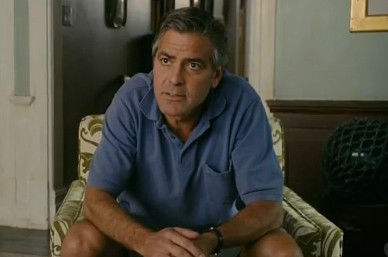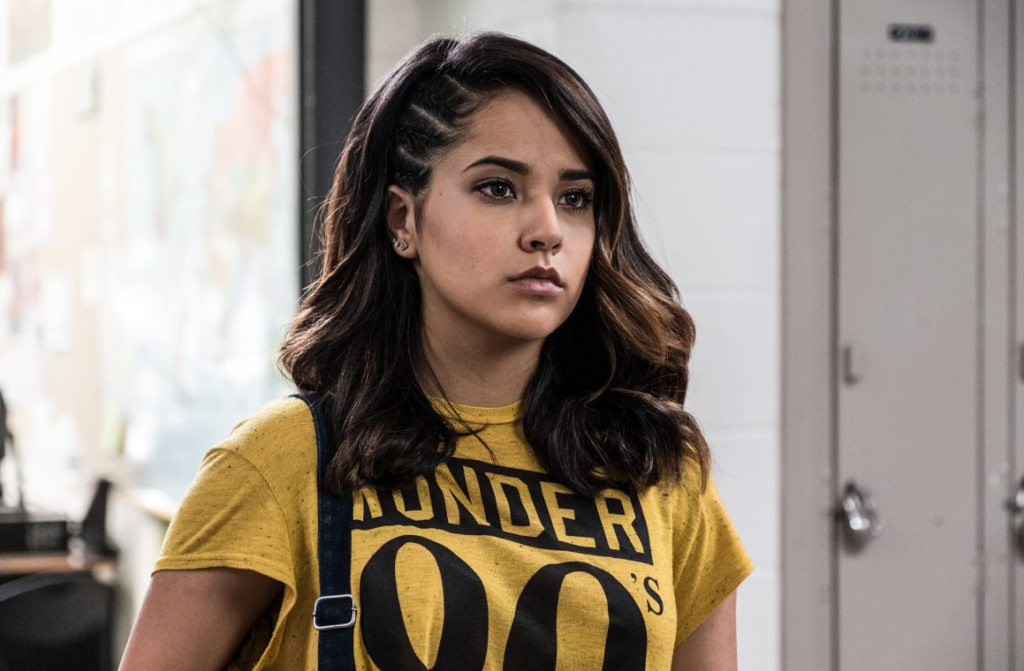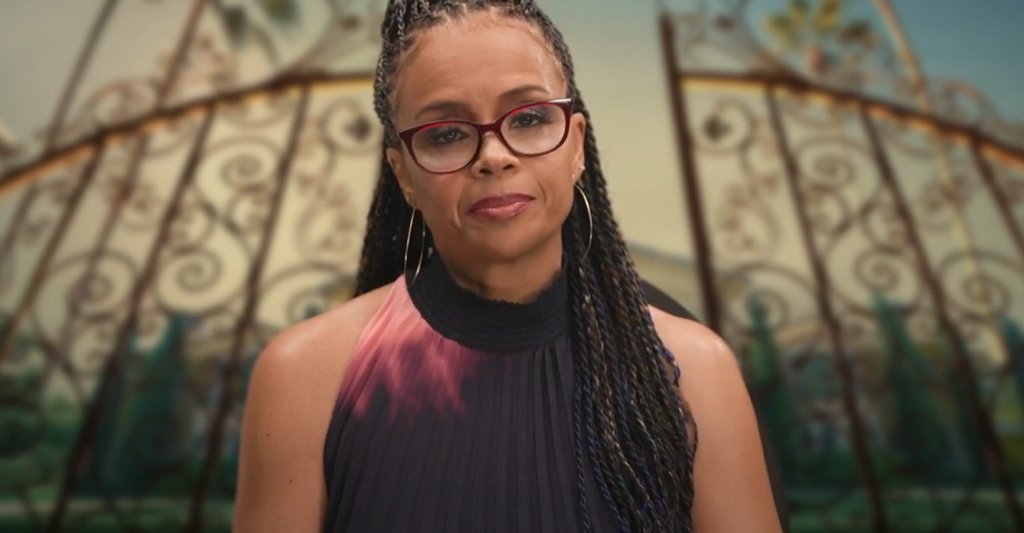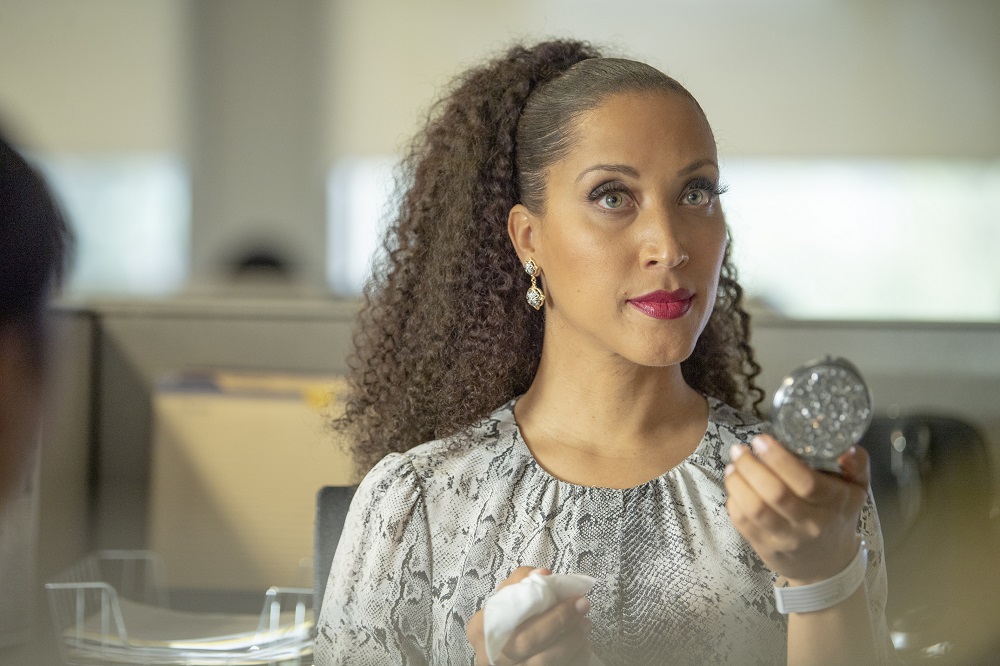One of the threads running through this year’s Oscar race is the single father who must pull things together for the sake of his kids. This is especially poignant in three films — Moneyball, The Descendants and We Bought a Zoo. It’s even funnier that it happens to be George Clooney, Brad Pitt and Matt Damon, the Oceans gang, but also the Sexiest Men Alive troika. Remember how Clooney and Pitt were campaigning for Damon?
Another thing they have in common, other than caring for their children — all three have daughters, only Damon has a son — is that they cry. Both The Descendants and We Bought a Zoo, those tears are brought on by their personal relationship. In Moneyball, the tears are more about happiness, disbelieving happiness that things worked out, for once, in Billy Beane’s life. Of all three of these characters, only Brad Pitt’s Billy Beane is digging himself out of failure. Clooney and Damon have suffered blows — leaving them to raise their children alone. But Pitt isn’t raising a child so much as he’s trying to, finally, making something of himself.
Women don’t figure in much to any of these three odes to fatherhood. They only figure in as influences, forces to be reckoned with, but they are gone. The men are left to fend for themselves. This year’s Oscar race is not really about women. Only one film, The Help, is about women. And thus, it stands in stark contrast to the themes offered up in the Best Picture race thus far.
If you want to drift out of the mainstream and into the fringe you will find stories about women, about mothers — but even if you do that you start to see how hard 2011 is on mothers. If they aren’t in a coma, dead or remarried, they are potentially raising mass murderers (We Need to Talk About Kevin) , they are not mothering their children (The Help), or thwarting their son’s sexuality (J. Edgar), or shrinking in the face of a domineering father, while offering a safe haven (Tree of Life). The one strong mother thus far is Emily Watson in War Horse. She’s there, she’s supportive and she’s a good mother. Imagine that. But War Horse is probably not going to figure strongly in the Best Picture race like some of the other films. Another interesting film about a mother is Another Happy Day, which features a great performance by Ellen Barkin but is also so flawed it, too, won’t figure prominently in the race save, perhaps, a nod for Barkin. Still, that Another Happy Day was made at all is kind of miraculous.
Oren Movermen’s Rampart features not one but two mothers. They’re well cast, independent, thinking women. But some have criticized the film for having these two wives because it seems so strange to have two, living next door to each other. Still, it is an appreciative choice.
Carey Mulligan plays a single-ish mother in Drive — she’s a good mother, protective of her child, but utterly helpless too. Still, one can’t really look at 2011 and not think about her.
Stories about single dads are all the rage this year partly because films don’t really get made without a strong male star driving them. Even women as sexual beings seems mostly absent. They are receptacles for lived out addiction in Shame. None of the strong male leads have relationships at all — the love is muted in The Artist, and never realized in The Descendants, Moneyball or We Bought a Zoo (although there is a hint of what might be). War Horse has the one mother character but no other romantic female — not even the horse gets to find a mate. And forget about the male lead ever laying eyes on a woman (except briefly in that car, women and the pleasures they afford, are missing).
Only one film explores female sexuality and does it very well — David Cronenberg’s A Dangerous Method, and that seems to have been made for a different era, not the sexually blank themes we’re seeing today. But Keira Knightley is allowed to explore her own sexuality, explore her own thinking and teaching, and eventually become a mother. Her role is really the center of A Dangerous Method — the male characters are there to drive her character’s motivations, not the other way around, which is commonplace now.
Sadly, strong female-driven films do not exist in Oscars 2011 without The Help and A Dangerous Method. Those stories now thrive on television — HBO and Showtime. There, all of the great characters and actors dwell, both male and female but especially women — who are allowed to explore themes without having to worry about the bottom line. And we know that bottom line is more and more about young boys than ever before. What drives the box office are family films, animated films and comic book movies. And what a shame that is.
It isn’t that some of those movies aren’t good. It’s that it’s sad that the film industry is moving so swiftly in this direction, driven by profit. And isn’t it strange that dramas are so few and far between? Both War Horse and We Bought a Zoo have been family-fied, made to appeal, really, to kids as well as adults. And while that’s fine and well for families — I am a mother — one wonders how great these movies could have been if adult themes had been allowed in. While Hugo is a family film, it is also not smoothed over for the sake of kids, made shorter, zippier, more easily digestible. And for that, it becomes one of the best films of 2011.
With so many family films and animated films it becomes harder and harder to find actual adult stories. This is one of the reasons Shame stands out. Sure, in Europe and other foreign countries they haven’t surrendered the telling of stories to serve an adolescent demographic. You’ll find films that still explore the human experience in Korea, Iran, France — but they’re harder and harder to find in mainstream American film.
The notion of the family film in the Oscar race is nothing new. It’s been around for many many decades. It’s just that one laments the days when it wasn’t a requirement. Finding great films that speak to adults as well as children is kind of difficult now, especially since we’re all still judging films on their box office take. Perhaps it’s time to stop paying attention to box office now that we see what kinds of films drive it.
So if just getting regular films that appeal to adults at all even produced, it is even harder now to find films that are female driven, featuring wholly developed characters who are mothers and other things too. That might be why it looks the way it looks this year, and why I hope people acknowledge how rare a success The Help really is, despite its politics, despite its street cred. The other successful film this year with a female-driven narrative was Bridesmaids. And in it, Jill Clayburgh plays Kristen Wiig’s mom. Not only is she wonderful in the part, not only does she look her age, beautifully lined splendor of a wise and older face, but it reminds of a different era, when a movie like An Unmarried Woman, about a single mother, was enough for a Best Picture nomination.
Meanwhile, I’m into these men, these single dads who cry, these superheroes who want to save the world and make it a better place. All three of them do in their own way. Clooney in The Descendants is there for his kids in the end, and he’s committed to preserving their future by preserving their heritage. In We Bought a Zoo, Matt Damon is going to be there for his kids, working hard to penetrate the wall to get to them, and he’s developing a wildlife refuge at the same time. In Moneyball, Pitt’s Billy Beane sacrifices a future as a much higher paid manager just so he can be with his daughter, watch her grow up, and also stick by the team he’s grown up with. That kind of loyalty in a profit-driven sport is rare. It’s like Jimmy Stewart in It’s a Wonderful Life rare. George Bailey sacrificed his own world travel plans to stay in Bedford Falls, run the old Building and Loan and be there for his family. Maybe he wasn’t the greatest man who ever lived but he was, by all accounts, the richest man in town.
_____________________________________
Sasha Stone is the editor of Awards Daily. If you are interested in the Oscar race, you must check out her blog. This post was reprinted with permission.







